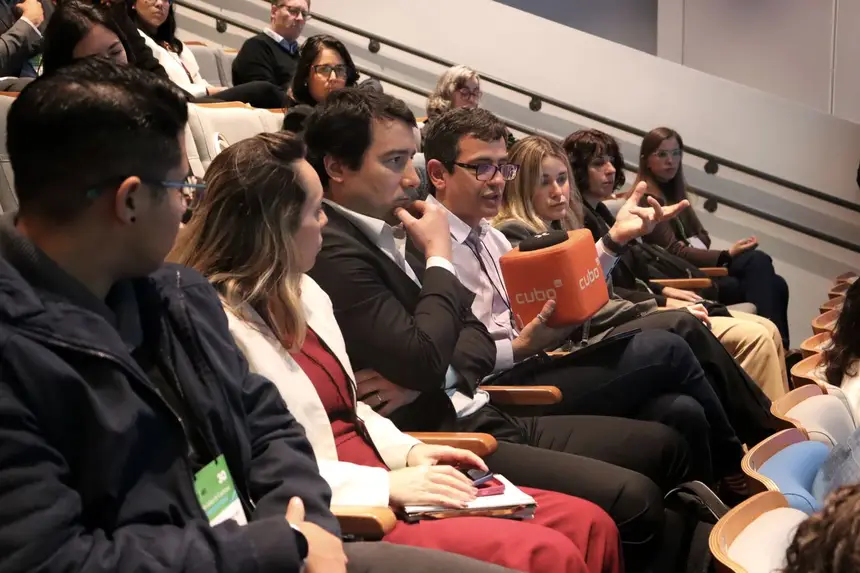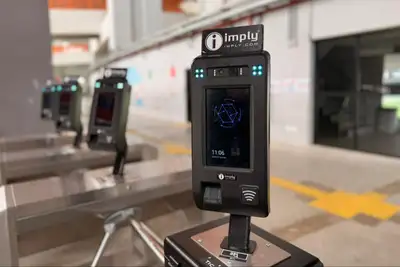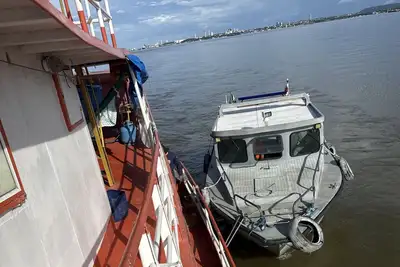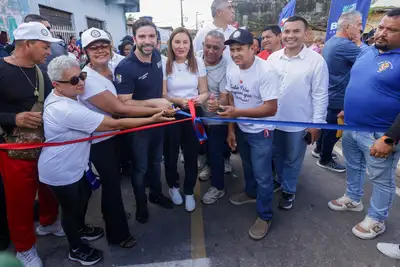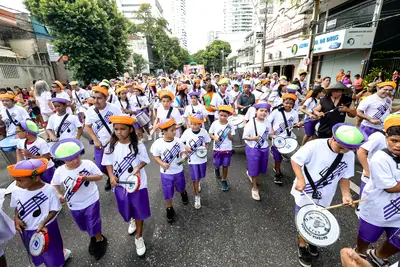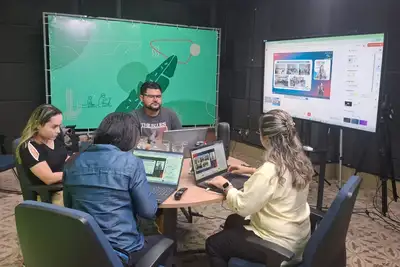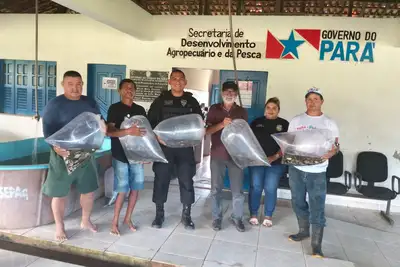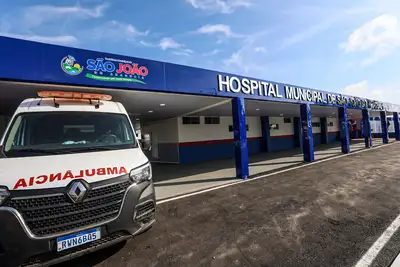Government of Pará highlights society's participation in the development of the REDD+ System
The initiative, discussed at an event in São Paulo, listens to the demands of quilombola, extractivist, and indigenous populations regarding the carbon market
The construction of the REDD+ jurisdictional system and the Free, Prior and Informed Consultations (CLPI), already underway in Pará, with quilombola, extractivist, and indigenous populations regarding the carbon market, were addressed this Monday (16) by the State Secretary of Environment, Climate and Sustainability, Raul Protázio Romão, during the panel "Jurisdictional REDD: The new frontier to keep the forest standing?", part of the program of the event "Carbon Markets: Present and Future", promoted in São Paulo (SP) by Reset, a media outlet focused on sustainable business and finance.
Highlighting that Pará has been preparing for this new economy, Raul Protázio stated that, to achieve zero deforestation, it is important to have a predictable, stable, and adequate source of funding to combat deforestation and transition land use through bioeconomy, forest-based or sustainable agriculture.
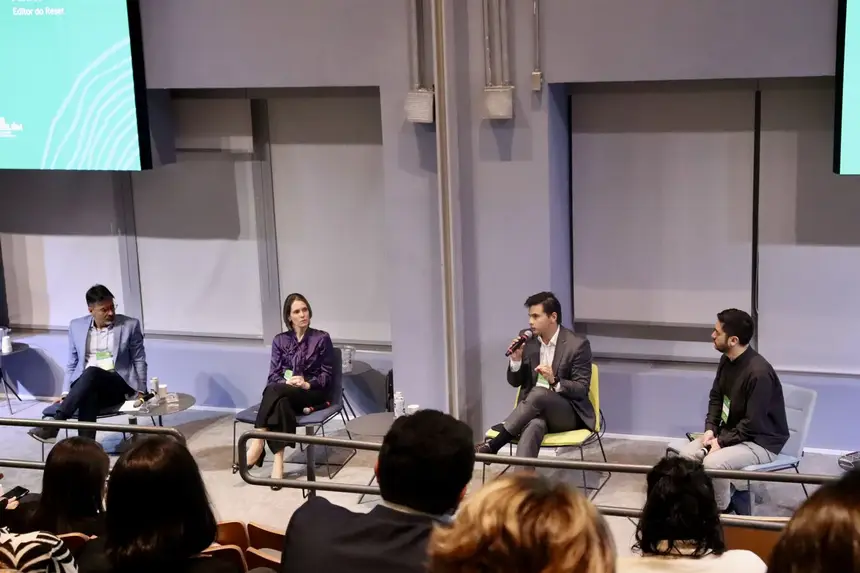
Since 2021, the State of Pará has been investing in structuring its institutional legal framework to access the carbon market. It is a process with several stages, which are being rigorously fulfilled, emphasized the secretary.
Dialogue - Currently, Raul Protázio informed, Pará is conducting the largest consultation process in its history, listening to the parties involved in building the carbon market. According to the secretary, "a large part of the co-participants are the holders of the territories within the State, who are also co-responsible for reducing deforestation - indigenous, quilombola, extractivist, family farmers, etc. So, you need to go through a process of free, prior, and informed consultation. The State of Pará is going through this. We are now in the fourth CLPI this week. We have conducted one extractivist and three quilombola consultations."
The carbon credits need to be validated and issued by a certifying company. The basis for the calculation is the average emission of the State between the years 2018 and 2022, which was 249 million tons per year. In the next five years, every time the emission is proven to be below this, the State will be able to submit this for certification and request the issuance of credits. "Thus, we will have predictability, generating an incentive for reducing deforestation," explained the secretary.

When the entire necessary process is finalized, the credits verified and issued, the government will be able to effectively trade and receive resources from the carbon credits resulting from the reduction of deforestation and greenhouse gas emissions.
Also participating in the panel were Marcelo Lellis, Secretary of Environment of Tocantins, and Natália Renteria, Director of Race to Belem. The debate was moderated by Sérgio Teixeira Júnior, editor of Reset.




